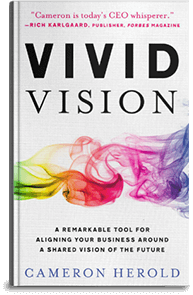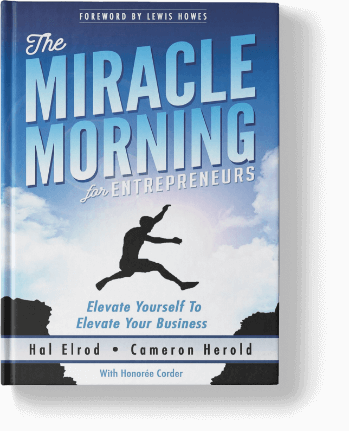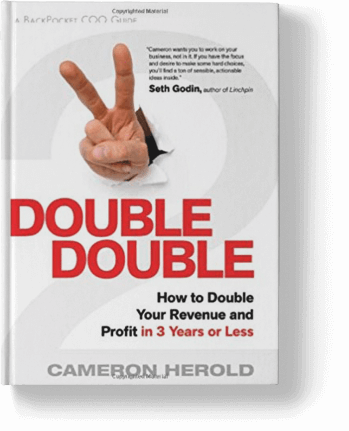When I say PR, what’s the first thing you think of?
Is it big companies trying to cover their butts like BP after the gulf oil spill? Is it brands doing crazy things like jumps from space to get attention? Is it spin doctors trying to hustle the masses?
These are certainly aspects of PR, but they are not the heart and soul of PR. Most business owners and entrepreneurs can’t afford huge publicity stunts, and they certainly don’t want to be on the defensive end of a scandal.
I’d venture to say that most entrepreneurs treat PR as the business component they know they’re supposed to have but that they hope to never use.
In reality, PR, when properly understood and executed, is a great way to land free coverage for your products and services online, in newspapers and magazines, or on radio and TV.
Most likely, however, you’re doing it all wrong—if you’re doing it at all.
At one point in my career, I built and led a team that generated more than 5,200 media hits for one company over a six-year period. That coverage included mentions on The Oprah Winfrey Show, Dr. Phil, The Big Idea with Donny Deutsch, CNN, CNBC, and in Fortune, the Wall Street Journal, New York Times, and virtually every other major newspaper and business periodical in the United States.
I achieved these results by understanding one secret about PR that most companies and leaders don’t know: PR isn’t marketing, it’s sales.
PR is sales, not marketing
Marketing and communications are very different from PR, but people often substitute one for the other.
For instance, just Google, “Best PR campaigns,” and see what pops up. What you’ll find are hundreds of hits for marketing campaigns that caught the media’s attention. Generally these are big budget campaigns that are orchestrated by big-cost agencies.
Rarely will you find a true PR campaign that involved free coverage from mainstream media based on a true media pitch.
PR, in the way that I’ve been doing it in my career, is a sales role, and you need to treat it like a sales function. Typically, marketing or communications people are not wired the same way as salespeople are. It takes a salesperson to make true PR work.
Selling the media
How do media outlets make money? How does a newspaper or magazine make money? They make money by selling advertising.
What helps the magazine, newspaper, or television show sell advertising? Having lots of readers and viewers.
And how do media outlets get lots of readers and viewers? By having quality content that engages their audience.
That’s where you come in.
Securing free PR means talking about your ideas with content producers for magazines, websites, and television programs. Why would they want to listen? Simple: because great content means it’s easier to sell ads, and ad sales mean profit.
The price is right
Since PR is a sales function, if you’re in PR, you’re in the business of selling ideas to media outlets. Selling anything is tough, but the advantage you have is that you are selling these ideas at no charge. The media outlets like things that are free, especially when it could lead to profit on their end.
In other words, the price is right for you and your PR. This one fact should make getting free PR for your organization one of the easiest sales tasks to do—provided you have something to talk about.
When you give the media free content, you’re not only gaining exposure for your business but also making it possible for them to make their publications or stations better. You’re helping them make money, and you’re helping their staff look good too.
Everybody wins when you treat PR like sales.










